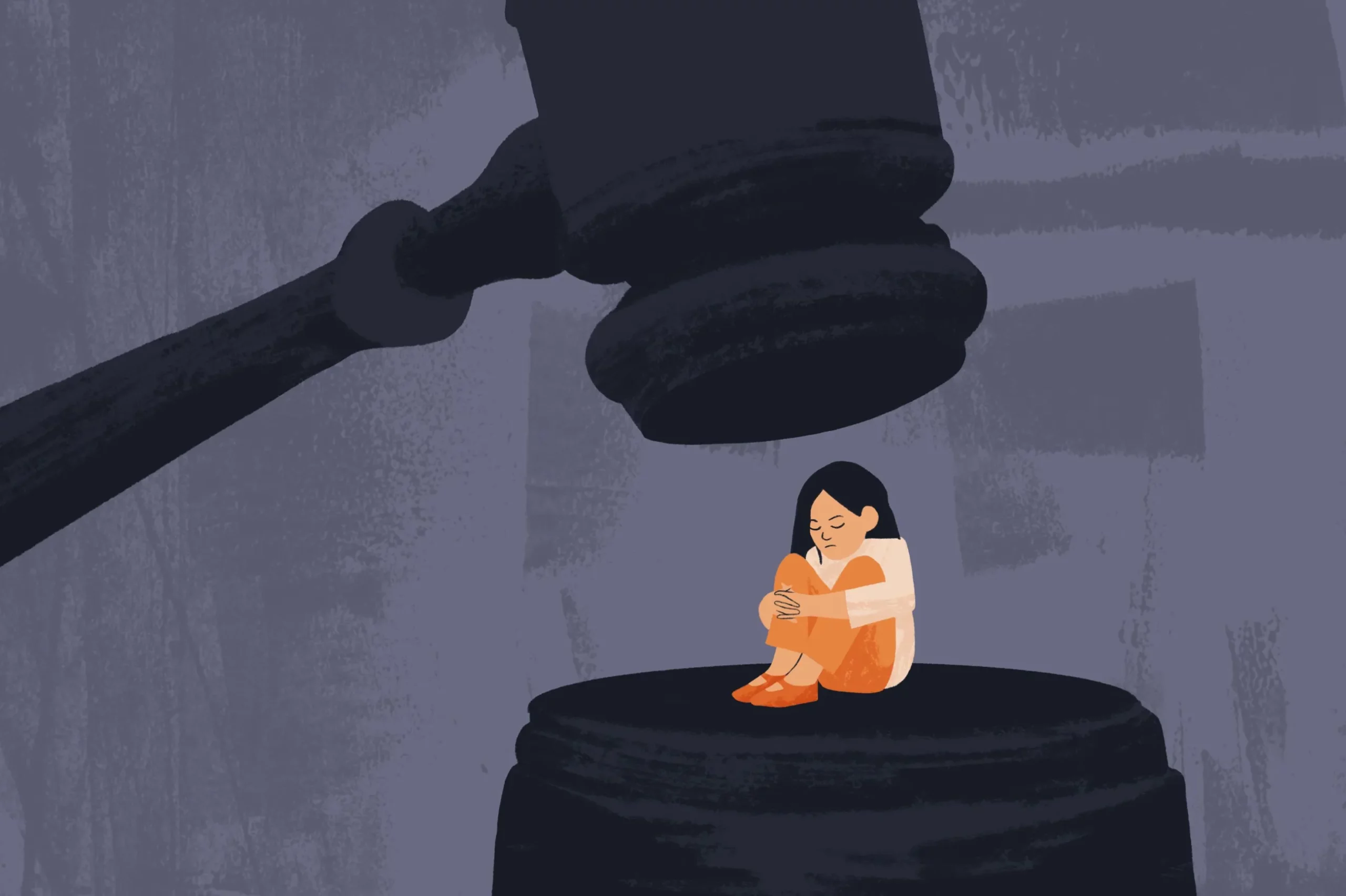Domestic violence has, unfortunately, been a part of society from the beginning. It thrives in darkness and in silence. Abusers are often skilled at presenting a respectable public-facing persona while gaslighting, threatening and intimidating their victim or victims.
Exhibit 1: The murders committed by an “upstanding member” of the community in Enoch, who killed his wife, his mother-in-law and his five children before killing himself. (He does not need to be named.)
Victims, advocates, lawmakers and others are speaking up, shining light in some dark places indeed.
In Utah, 1 in 3 women will experience some form of contact sexual violence, physical violence and/or stalking, according to research from the Utah Women and Leadership Project at Utah State University. Additionally, more than 4 in 10 will experience psychological aggression.
Last year, the Utah Legislature passed mandatory lethality assessments, which were implemented on July 1, 2023. Utah saw a spike in victim referrals, something advocates say is not necessarily an increase in the number of incidents, but could be a result of connecting high risk victims to services.
Like many policy issues, tackling domestic violence is complex and is made up of many interconnecting components, including socioeconomic status, education status and marginalized communities. For example, the rate of domestic violence among white women generally is about 34%, while 40% of Black women experience domestic violence in their lifetime and the percentage among Native American women is a staggering 84%.
This year on Utah’s Capitol Hill, there is a continuing focus on holding abusers accountable and keeping survivors safe. Here are a few of the bills making their way through the Utah Legislature.
HB81, Domestic Violence Modifications, by Rep. Matthew Gwynn, R-Farr West, adds “propelling a bodily substance or material” (spit or otherwise) to the list of crimes that qualify as a domestic violence offense. This bill was recommended by the Law Enforcement and Criminal Justice Committee and has made its way through the House and is now on the Senate side. The votes to date have been unanimous.
SB50, Aggravated Assault Amendments, by Sen. Mike Kennedy, R-Alpine, and Rep. Brady Brammer, R-Pleasant Grove, amends the section of code that addresses when an individual is intentionally or knowingly “restricting the breathing or circulation of another individual” and removes the requirement that such action is “likely to produce a loss of consciousness.” This bill has passed the Senate Judiciary, Law Enforcement and Criminal Justice Committee and is on the Senate Second Reading calendar.
HB166, Restricted Persons Amendments, by Rep. Marsha Judkins, R-Provo, would restrict gun sales to a person who has been convicted of a felony domestic violence offense, a misdemeanor assault offense on an intimate partner, parent or guardian of the offender, or is subject to a restraining order for threats against their intimate partner and/or their child. This bill has not yet been heard in committee.
HB272, Child Custody Amendments, also known as Om’s Law, is being run in honor of 16-year-old Om Moses Gandhi who was killed by his father last year in a custody dispute.
HB272, by Rep. Paul Cutler, R-Centerville, and Sen. Mike McKell, R-Spanish Fork, directs the courts to consider evidence of domestic violence, credible allegations of child abuse, specifies that the court may admit expert evidence from a court-appointed or outside professional relating to alleged domestic violence or abuse only if the professional possesses demonstrated expertise and adequate experience in working with victims of domestic violence or abuse. (Emphasis added.)
This bill also directs the courts to develop or recommend training to improve the ability of the courts to recognize domestic violence and child abuse, implicit and explicit bias, trauma and long-term impacts of violence and abuse on children. These trainings must be evidence-based and use peer-reviewed research.
Additionally, this bill directs the courts to not remove a child from custody of a parent who is competent, protective, not abusive and bonded to a child. This section gets at the controversial and often troubling trend of using claims of “parental alienation” as a reason to remove custody from a parent, most often a mother. This bill is waiting for a committee hearing.
HB432, Child Abuse and Neglect Reporting Amendments, by Rep. Anthony Loubet, R-Kearns, addresses clergy reporting instances of child abuse and neglect made during a confession by the perpetrator to the clergy member. This bill does not mandate that clergy shall report, rather, it specifies that they may report abuse or neglect. Significantly, both The Church of Jesus Christ of Latter-day Saints and the Catholic Diocese of Salt Lake City are unopposed to this bill, reports KSL. The bill was made public this week.
HB308, Crime Victim Amendments, sponsored by Rep. Tyler Clancy, R-Provo, and Sen. McKell, focuses on the rights of victims. Clancy, a Provo City police officer, is looking to fill gaps in the way Utah currently addresses victims (survivors) of crime. This bill would put victims’ rights in one place in Utah’s code, creates a victim rights committee in each judicial district of the state and would require the Utah Office for Victims of Crime to provide law enforcement agencies with educational materials regarding sexual assault victims, among other changes. This bill has been assigned to the House Judiciary Committee.




